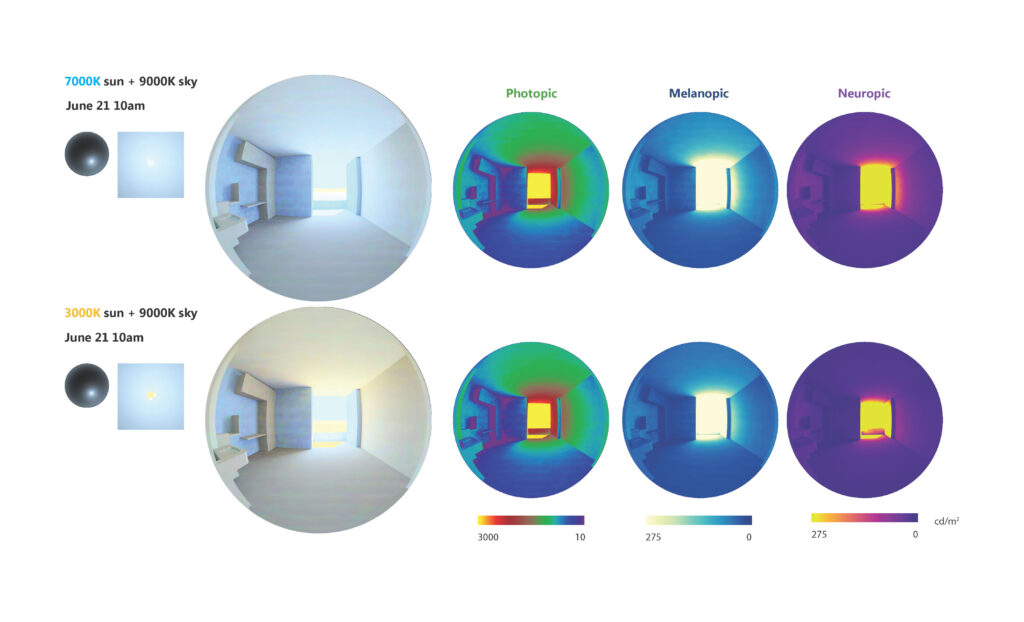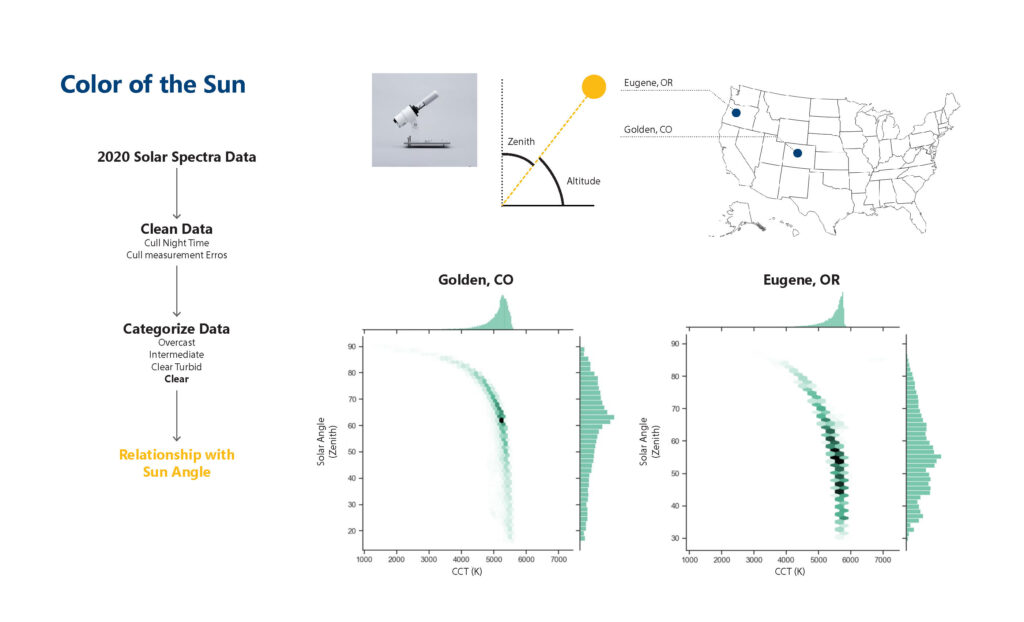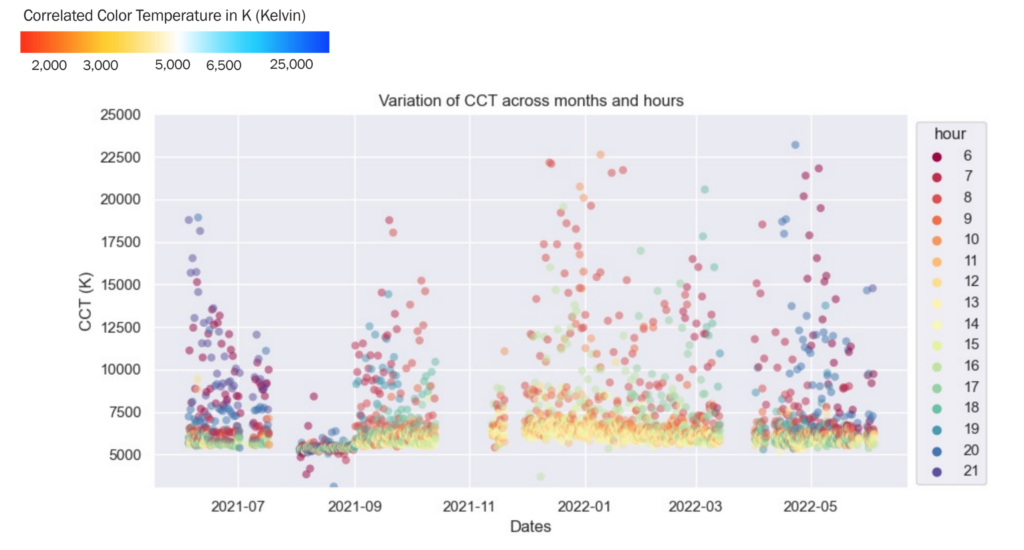July 31, 2023
Multispectral Lighting Simulation Approaches for Predicting Opsin-driven Metrics and their Application in a Neonatal Intensive Care Unit
ARC Fellow: Bo Jung
Degree Program: Built Environment Ph.D.
Faculty Advisors: Mehlika Inanici (MS Architecture, Design Technology)
Firm: ZGF
Firm Advisors: Marty Brennan and Lona Rerick
Project dates: Autumn 2022 – Spring 2023
Read the Project Paper
View Presentation Slides
Watch the Final Presentation
Read the Press Release
More about the project:
Design decisions affect the intensity, spectra, and duration of light exposure in built environments, which in turn affects the health of occupants. Recent research shows that the neuropic light influences thermoregulation and metabolic rate. The aim of this project is to i) discuss design decisions and their effect on photopic, melanopic, and neuropic light, and ii) to equip the multispectral lighting simulation tool (Lark v.3.0) with new features, including the computation of the neuropic light stimulus. Sample workflows are demonstrated through a neonatal intensive care unit (NICU) design. Results show the intensity of light strongly determines the magnitude of all light-induced responses, and electric light with specific spectral qualities can be used to supplement deficient spectral quantities. Design decisions for healthy lighting such as choice of glazing, electric light, and dynamic shading practices are discussed through multi-spectral lighting simulations and photobiological response analyses.

Photopic, melanopic, and neuropic luminances simulated with LARK v.3 for different colors of the sun (7000K as white sun vs. 3000K as yellow sun). BO JUNG

Data analysis of sun spectra measurements show sun color is based on sun angle. BO JUNG

Variation of sky color (CCT) across months and hours; measurement from Gould Hall roof. BO JUNG
